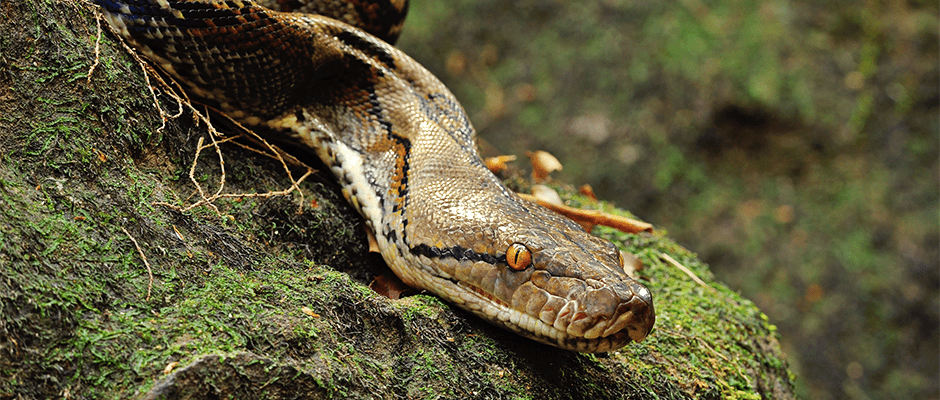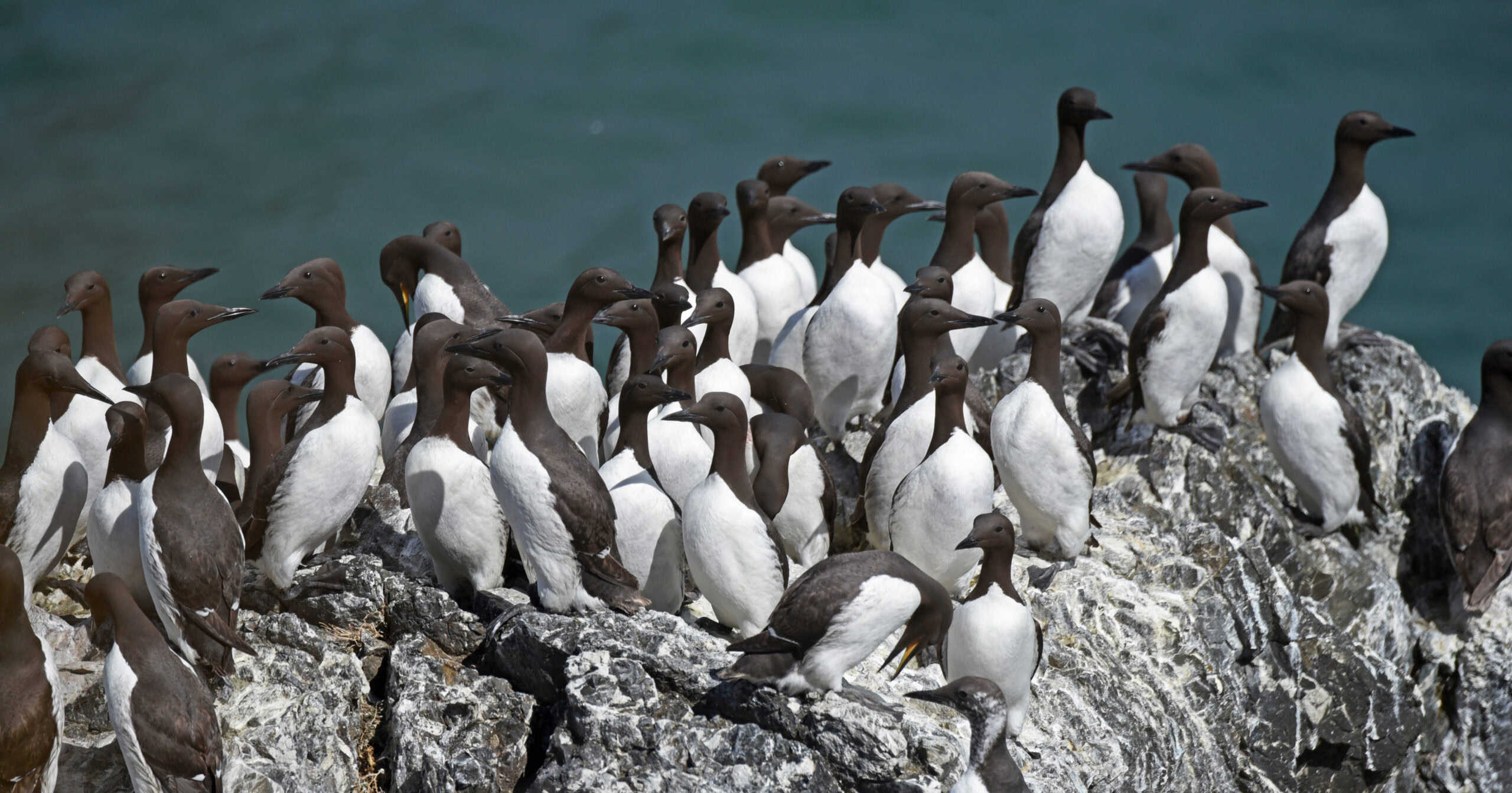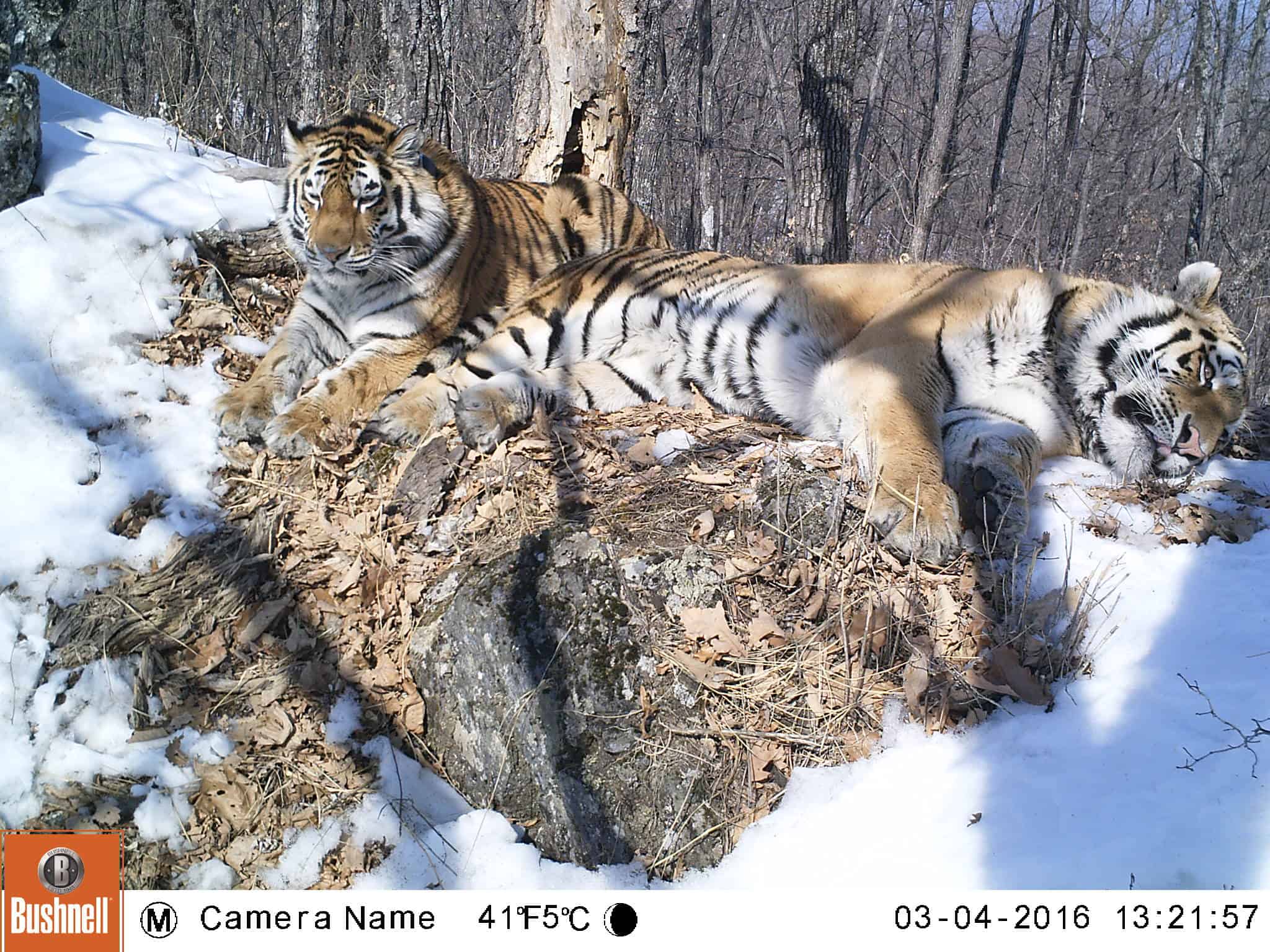Share this article
Court affirms ruling on interstate commerce of injurious species
On April 7, the D.C. Circuit Court of Appeals affirmed a ruling in favor of the U.S. Association of Reptile Keepers (USARK), lifting restrictions on interstate commerce of injurious species listed under the Lacey Act.
In 2013, USARK filed litigation against the U.S. Department of the Interior challenging the 2012 U.S. Fish and Wildlife rule which listed four pythons and one anaconda — Burmese python (Python molurus bivittatus), Indian python (Python molurus molurus), Northern African python (Python sebae), Southern African python (Python natalensis), and yellow anaconda (Eunectes notaeus) — as injurious species. USARK later amended its complaint to challenge the 2015 USFWS rule that designated four additional snake species as injurious — including the reticulated python (Python reticulatus) and green anaconda (Eunectes murinus). USARK was granted a preliminary injunction to prevent the rule from going into effect.
The point of contention for this case was the interpretation of the shipment clause. The shipment clause prohibits any shipment of any injurious species “between the continental United States, the District of Columbia, Hawaii, the Commonwealth of Puerto Rico, or any possession of the United States.” USARK’s argument was that this language expressly restricts shipment between the listed entities but not between continental states. The argument hinged on the grammatical structure of the statute — by introducing items with the word “between,” a one-to-one relationship is implied.
The ruling extends beyond the snakes in question, restricting USFWS from regulating interstate transport of any injurious wildlife species, including the recent listing to restrict salamander transportation. Salamanders were listed to help prevent the spread of Batrachochytrium salamandrivorans chytrid fungus. USFWS will continue to have the authority to regulate international transport of injurious species into the U.S. as well as between the jurisdictions named in the shipment clause.
The Wildlife Society, along with the Center for Invasive Species Prevention and the Natural Areas Association, signed onto an Amicus brief in support of USFWS’ position in both U.S. District Court and the D.C. Circuit Court of Appeals. All three organizations are members of the National Environmental Coalition on Invasive Species (NECIS) — a partnership of environmental organizations and professional societies dedicated to strengthening the nation’s response to invasive species, with a particular focus on preventing new invasions.
Header Image: ©tontantravel








